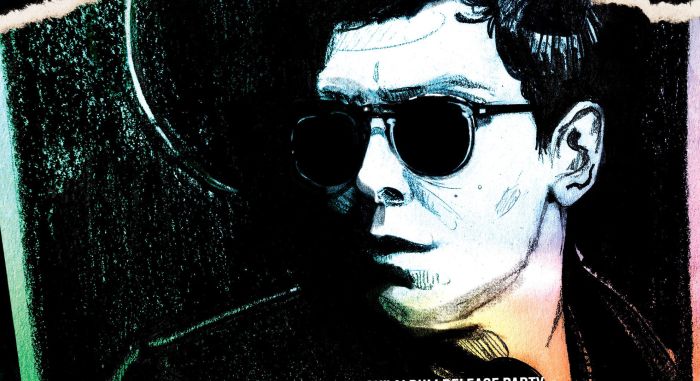Disobedience
Directed by Sebastián Lelio
Starring Rachel Weisz, Rachel McAdams, Alessandro Nivola
Rated R
Here is a movie about forbidden love in an insular world that plays like a riveting thriller.
“Disobedience” is so exacting in the ways it conveys its protagonists’ inner conflicts and the larger social pressures exacerbating them, that it’s simultaneously a heart-wrenching experience and a taut, gripping one.
Rachel Weisz plays Ronit Krushka, who returns home from New York to the Orthodox Jewish community in London following the death of her father, its rabbi. She was ostracized from it years earlier following a romantic relationship with another girl.
Back home, she is reunited with her childhood friend Rabbi Dovid Kuperman (Alessandro Nivola) and his wife Esti (Rachel McAdams), who was once her lover.
She is faced, then, with the resurrection of the inescapable feelings she’d been running from for years.
Chilean filmmaker Sebastián Lelio, who won an Oscar this year for “A Fantastic Woman,” has an extraordinary eye for this universe, down to the smallest details. He crafts the movie as if it’s shaped by the weight of a divine presence that imposes itself upon these people searching for ever-elusive happiness. It is sober and serious, unfolding in hushed tones in dimly lit rooms and against cloudy skies.
There’s a persistent sense of anguish as the characters grapple with the intensity of what they’re feeling and the ways in which it clashes with their ingrained perception of righteous existence and the inherent desire to be accepted by those who reared them.
Yet “Disobedience” is also filled with intense passion, expertly conveyed by Weisz and McAdams, who generate a collective picture of longing and desire that functions as the beating heart of this movie. There is so much left barely unsaid in many of their scenes together (and those with Nivola), so much dancing just below the formal surface, that the movie plays as a veritable clinic in generating on-screen tension.
The mystery of faith and the ways in which it intersects with the mystery of the soul remains one of the most powerful and naturally effective subjects for any dramatic enterprise. It is endemic to so many of us — no matter our belief system.
On one hand, this adaptation of the Naomi Alderman novel earns its place among the great works of art to explore these questions in a Jewish context — everything from the novels of Chaim Potok to the films of the Coen Brothers — but it is so powerful because it’s so universal.

















